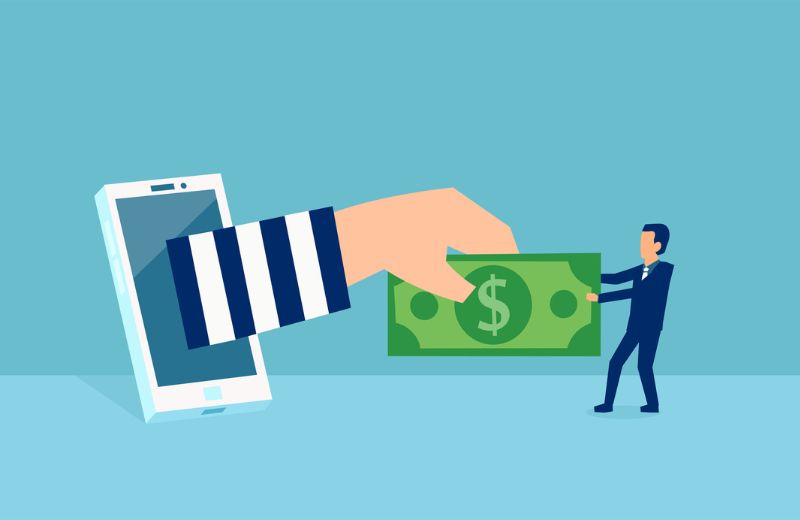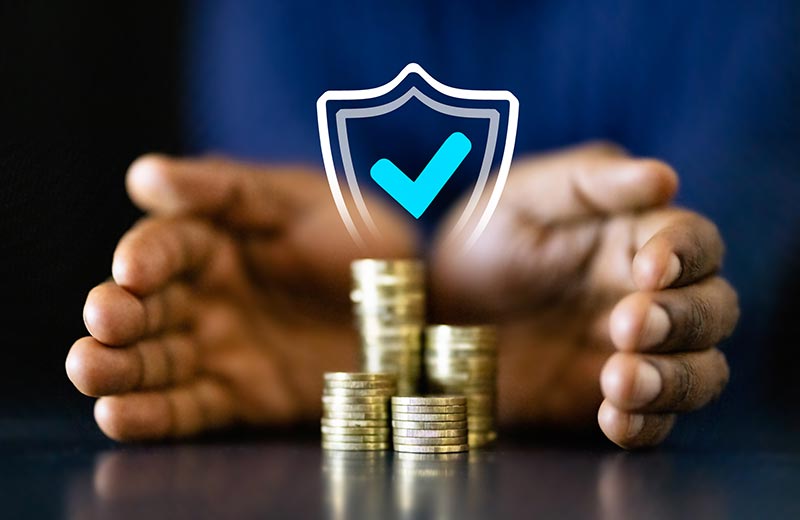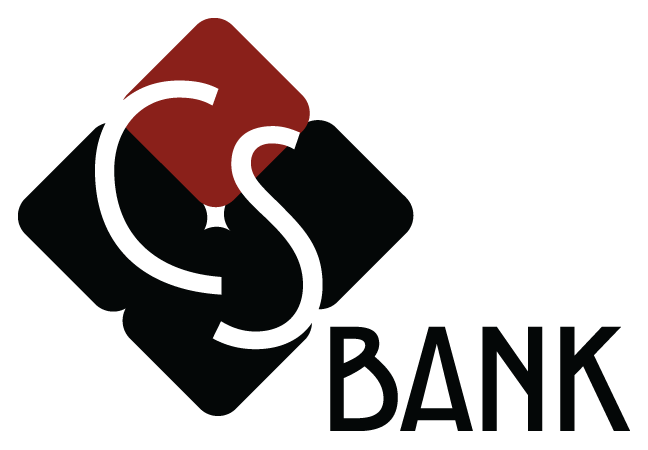Common Types of Scams:
Be cautious of offers that seem “too good to be true” or unfamiliar payment requests.
%20(25).jpg)
How to Stay Protected
-
Never share personal or account information by text, email, or phone. CS Bank will never ask you for your password or PIN.
-
Verify suspicious messages by contacting us directly at a branch or using the number on our official website.
-
Monitor your accounts regularly using Online Banking and the CS Bank Card Manager app.
-
Report suspicious activity immediately so we can act quickly to protect your accounts.
%20(27).jpg)
What to Do if You Suspect Fraud
If you believe you’ve received a fraudulent message or notice unusual account activity:
-
Stop all communication with the sender.
-
Do not click any links or download attachments.
-
Contact CS Bank right away by phone or visit a branch.
%20(34).jpg)
We’re Here to Help
Your trust matters. Whether online, on the phone, or in person, CS Bank is committed to keeping you informed and secure. If you ever feel uncertain, contact us directly; we’d rather double-check than see you at risk.




%20(11).jpg)